U.S. firms find way around Huawei ban, Trump administration is divided about what to do
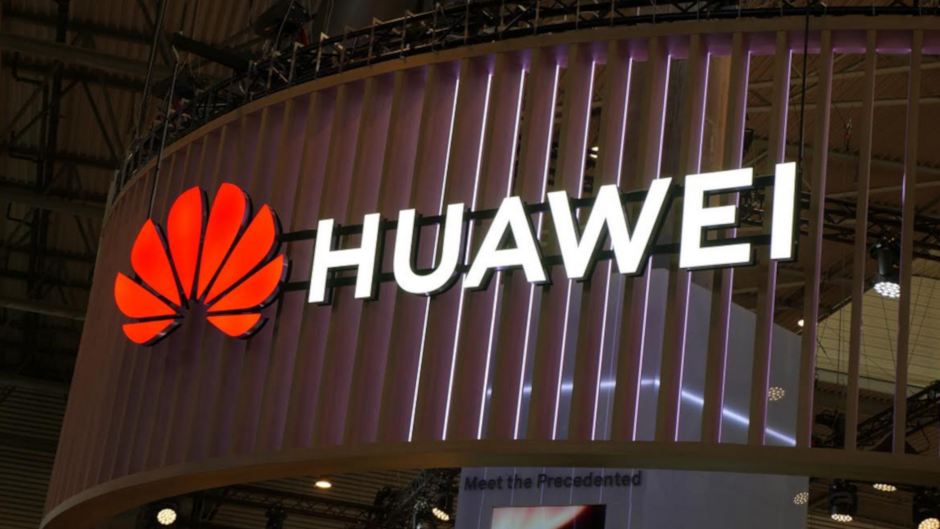
Yesterday we told you that U.S. based chip maker Micron Technologies did some research and discovered that it could legally ship some of its products to Huawei. The latter is banned from obtaining parts and software from the U.S. However, companies can send chips to Huawei as long as American parts don't account for more than 25% of the parts used to produce it. According to the The New York Times, Micron isn't the only U.S. chip maker shipping components to the Chinese manufacturer. When the ban was first announced in May, the Semiconductor Industry Association trade group sent a letter to the White House asking for a waiver that would allow some of its members to continue selling to Huawei. Even though that request was declined, some chip makers have found ways to continue dealing with Huawei legally.
The paper, citing anonymous sources who weren't given authorization to talk about these sales, says that Intel, Micron and others have come up with workarounds to prevent some of their products from being labeled as "American-made." These shipments will allow Huawei to continue producing smartphones, although one internal estimate calls for a 40% to 60% drop in its international shipments this year. That would drop the manufacturer's global shipments from 206 million last year to approximately 140 to 160 million this year. The company has already delivered 100 million handsets in 2019.
Even non-tech firms like FedEx are affected by the ban
The Times says that members of the Trump administration are aware of these sales and are unsure of how to proceed. Some administration officials see the shipments as violating the spirit of the law and undermining U.S. efforts to pressure China when it comes to future trade talks. Others are not taking such a hard line stance because they are concerned with how the ban is affecting U.S. companies; after all, Qualcomm spent $11 billion on U.S. sourced parts, components, and software in 2018. That type of spending is going to be impossible for U.S. firms to replace. For example, Micron's memory chips could be replaced by similar chips offered by South Korean firms like Samsung and SK Hynix.
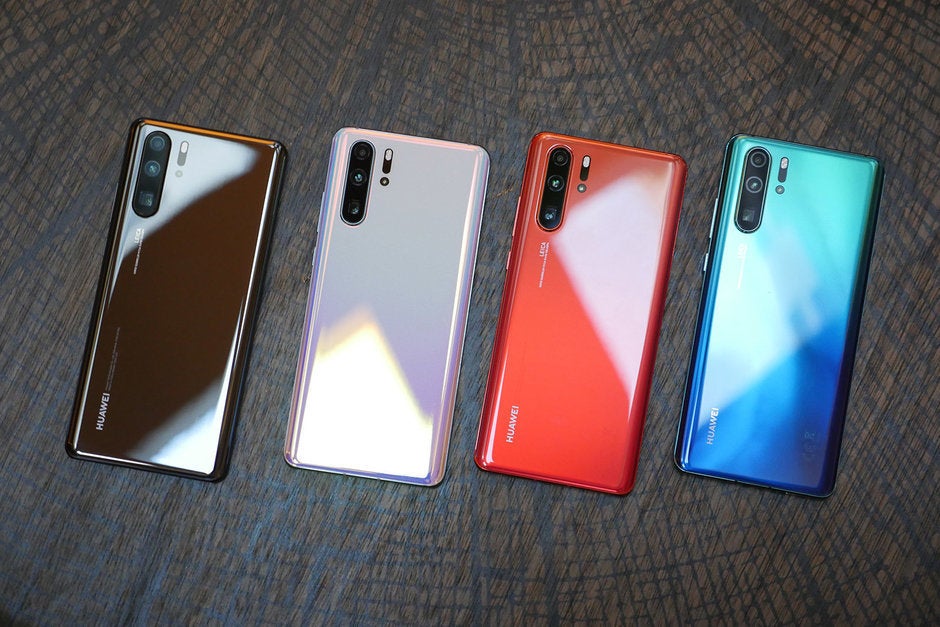
The Huawei P30 Pro
Even some companies not in the tech industry are affected by the ban. At the start of this week, FedEx filed a lawsuit against the U.S. government alleging that the rules of the Commerce Department's export ban put an "impossible burden" on the shipping company and has created "an impossible burden on FedEx to police the millions of shipments that transit our network every day. FedEx is a transportation company, not a law enforcement agency."
Former Commerce Department official Kevin Wolf is advising executives of some U.S. chip companies affected by the ban. Wolf says that he is telling these executives that as long as their chips aren't made in the U.S., they are free to ship to Huawei. However, he warned that if a chip company located in the states offers instructions or support from the U.S., the component itself cannot be sold to the Chinese phone and networking equipment producer. White House National Security Council spokesman Garrett Marquis criticized Wolf's actions calling it "disturbing that a former Commerce Department official, who was previously responsible for enforcement of U.S security laws, including through entity list restrictions, may be assisting listed entities to circumvent those very enforcement mechanisms."
U.S. companies looking to remain a Huawei supplier can either find loopholes like other companies or move production facilities to another country. The latter option takes a lot of money and time, so you can expect American chip makers and software developers to continue poring through Commerce Department regulations to find a way to legally continue doing business with Huawei.
Follow us on Google News





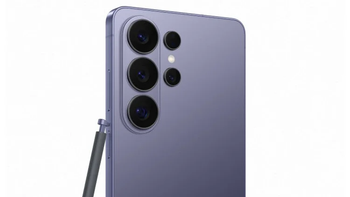


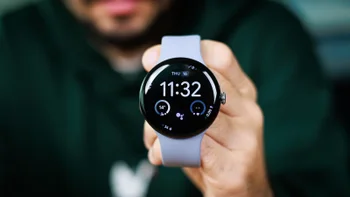

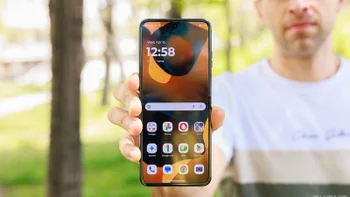
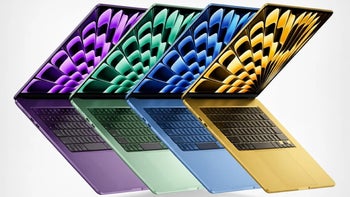

Things that are NOT allowed:
To help keep our community safe and free from spam, we apply temporary limits to newly created accounts: